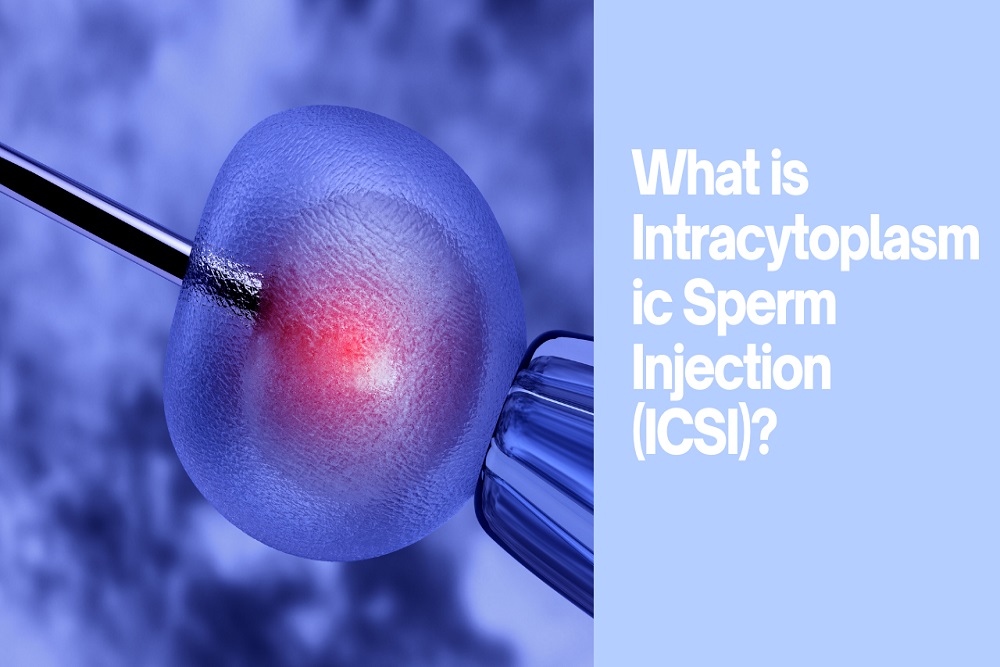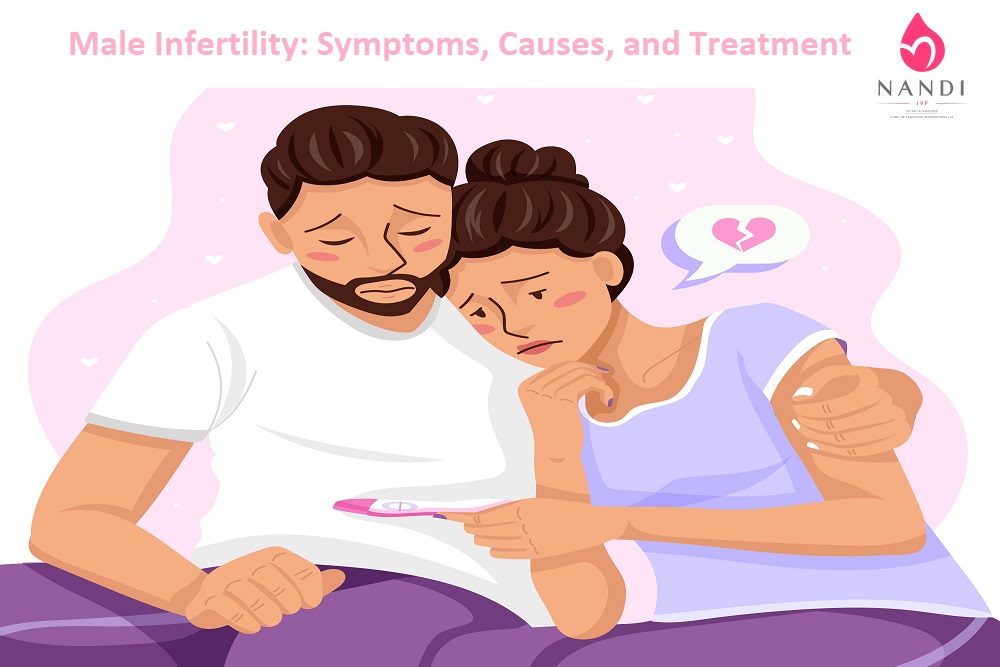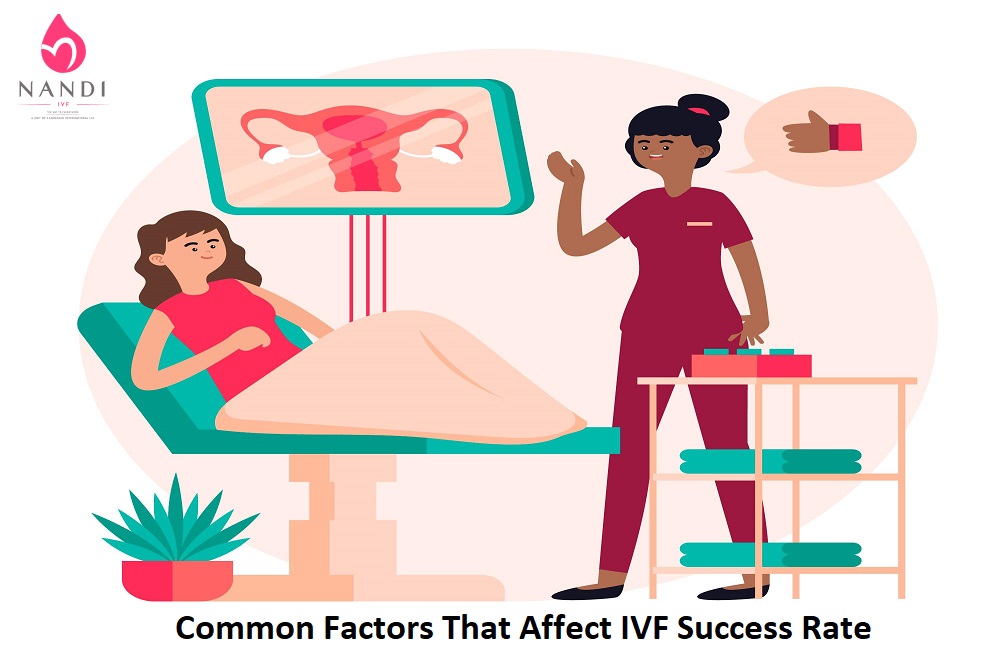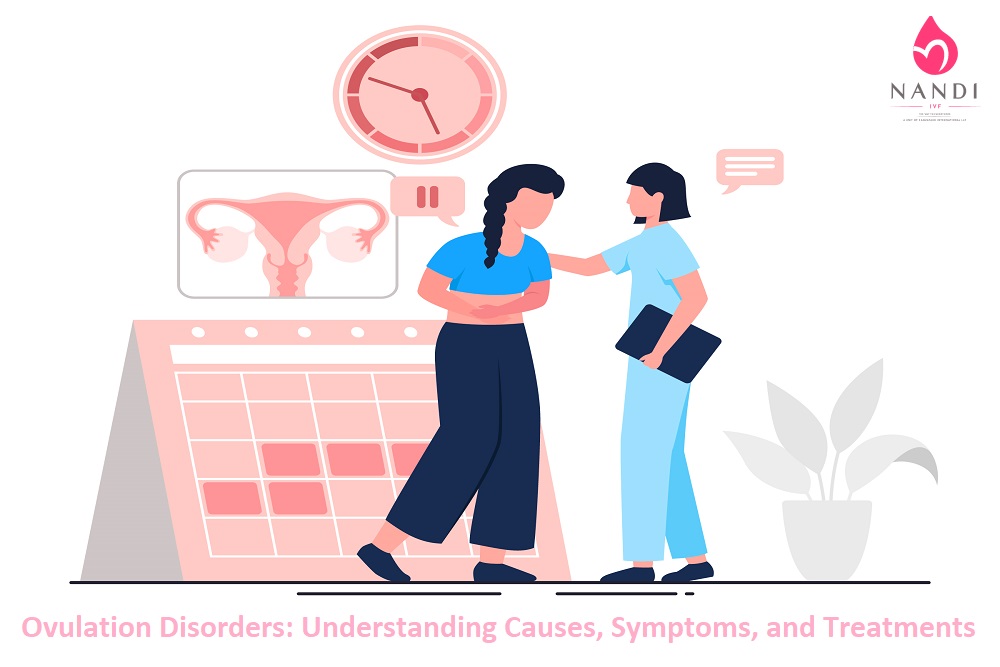ICSI is an innovative method that has revolutionized the treatment of infertility by offering a solution to couples facing male infertility problems. Before a man’s sperm can fertilize a woman’s egg, the head of the sperm must first attach to the outside of the egg. After fixation, the sperm penetrates through the outer layer into the cytoplasm of the egg, thus, fertilization takes place.
Sometimes, for various reasons, sperm cannot pass through the outer layer. The outer layer of the egg or ovum can be thick or hard to penetrate, and the sperm cannot swim. In these cases, a procedure called intracytoplasmic sperm injection (ICSI) is performed by IVF Specialists in Delhi to help fertilize the egg. Let us learn more about ICSI.
What is ICSI?
Intracytoplasmic sperm injection (ICSI) is an advanced assisted reproductive technology (ART) procedure used in infertility treatment to resolve male infertility and promote fertilization. This involves the precise placement of a single sperm into the cytoplasm of the egg. The egg carries out fertilization. ICSI is usually performed as part of IVF treatment in Delhi and is designed to increase the chances of pregnancy when traditional fertilization methods may be less successful due to male infertility problems.
Why do you need ICSI?
ICSI at the best IVF centre In Delhi helps overcome fertility problems such as:
- The male partner produces too little sperm for artificial insemination (IUI) or IVF.
- The sperm may not move normally.
- Difficulty for the sperm to fertilize the egg.
- A blockage in the male reproductive tract interferes with the release of sperm.
- Eggs cannot be fertilized with traditional IVF regardless of sperm status.
- Eggs matured in vitro are used.
- Usage of pre-frozen eggs.
How ICSI is performed
The ICSI procedure at the best IVF centre in Delhi involves the following steps:
Before ICSI procedure
Before performing ICSI, your IVF doctor in Delhi must collect eggs and sperm. To collect the eggs, the following steps are taken:
- Ovulation induction (also called ovarian stimulation): The donor receives injections of medication for 8 to 14 days. This stimulates the ovaries to release several eggs at once to mature.
- Egg retrieval: Your doctor uses transvaginal ultrasound technology to insert a thin needle through the vaginal wall into the ovaries. This step is performed under light anesthesia, so there is no pain.
If frozen sperm are not used, the sperm collection is done on the same day as the egg retrieval.
During ICSI procedure
During ICSI, your IVF specialist in Delhi will:
- Use a pipette (a small glass tube with a suction cup) to hold the egg in a laboratory dish.
- A single sperm is immobilized and collected using a thin needle.
- A needle is inserted into the egg to reach the cytoplasm.
- Sperm enters the cytoplasm.
- The needle is then taken out of the egg.
After ICSI procedure
After ICSI, your doctor at the best IVF in Delhi will check the fertilized egg in a laboratory to monitor signs of successful fertilization.
- Within 5 to 6 days after the ICSI procedure, a healthy fertilized egg must divide into cells to form a blastula, which the doctor assesses.
- Embryo transfer occurs five to six days after the egg retrieval procedure, but the transfer is usually delayed by months or years.
- Your doctor will discuss with you the timing of the embryo transfer.
- Using ultrasound technology, the doctor inserts a catheter (a long, thin tube) into the vagina and places the embryo in the uterus.
- For pregnancy to occur, the embryo must implant (attach) to the uterus.
IVF doctors in Delhi recommend waiting at least two weeks before taking a pregnancy test.
The success rate of intracytoplasmic sperm injection (ICSI)
The Centers for Disease Control and Prevention (CDC) does not have data on ICSI success rates, but other fertility clinics report fertilization rates of 70 to 80 percent for injected eggs.
About 6 out of 10 IVF procedures involve ICSI. The chances of pregnancy success with ICSI are the same as with conventional IVF. According to the Cleveland Clinic, it is estimated that 50 to 80 percent of ICSI attempts lead to fertilization.
Final Words,
For couples who are having trouble conceiving, the doctor may recommend intracytoplasmic sperm injection (ICSI). This type of in vitro fertilization (IVF) is helpful in cases of male infertility. However, it is necessary to talk to your healthcare provider at the IVF centre in Delhi about whether ICSI is the best fertility treatment for you.
Is it difficult to get pregnant because of male infertility? Find hope with Nandi IVF’s advanced ICSI treatment. Our team of experts specializes in providing customized solutions for couples facing infertility issues. We want to help you fulfil your dream of becoming a parent with our cutting-edge technology. Take the first step towards a better future with the best IVF centre in Delhi. Book your consultation with Nandi IVF today.






